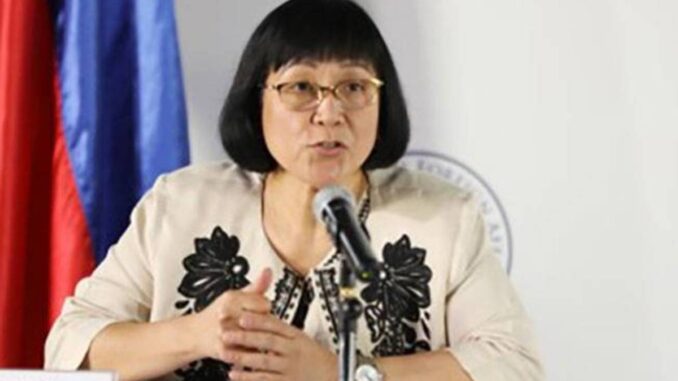
THE Department of Foreign Affairs (DFA) on Tuesday confirmed that Saudi Arabia executed a Filipino convicted of murder despite repeated appeals from the Philippine government.
“We regret to confirm the news that a Filipino has been executed in Saudi Arabia for murder,” DFA spokesman Teresita Daza said.
Daza said the Philippine government provided legal assistance and exhausted all remedies to stop the execution, including a presidential letter of appeal.
“The family in the Philippines has requested that their privacy be respected and that the case details be withheld from the public. We will not divulge more details on the case out of respect for their wishes,” Daza said.
President Ferdinand Marcos Jr. said the execution was “a terrible tragedy.”
“It was a terrible tragedy. There was little we had left to do. We had very few options left. We tried everything. Unfortunately, the law there [in Saudi Arabia] is very strict,” he told reporters.
A Philippine official with knowledge of the case said the Filipino was arrested by Saudi Arabian authorities in 2020 after being accused of the killing. The death penalty was handed down with finality last year, and the execution was carried out on Saturday.
Saudi Arabia has drawn criticism from human rights groups for its methods of capital punishment, including beheadings and mass executions. In the past, Saudi Arabian authorities publicly pinned the bodies and severed heads of executed people on poles as a warning to others.
At least 86 Filipinos, including 63 males and 23 females, are facing the death penalty worldwide, many for murder and illegal drug-related offenses, according to Philippine officials.
Millions of Filipinos work in countries around the world to escape poverty and unemployment at home and to provide for their families.
The large amount of money they send home has supported the Philippines’ consumption-driven economy for decades, but the large-scale deployment of Filipino workers has had social costs, including broken families, human trafficking and abuse by employers, especially of housemaids in the Middle East.





Be the first to comment